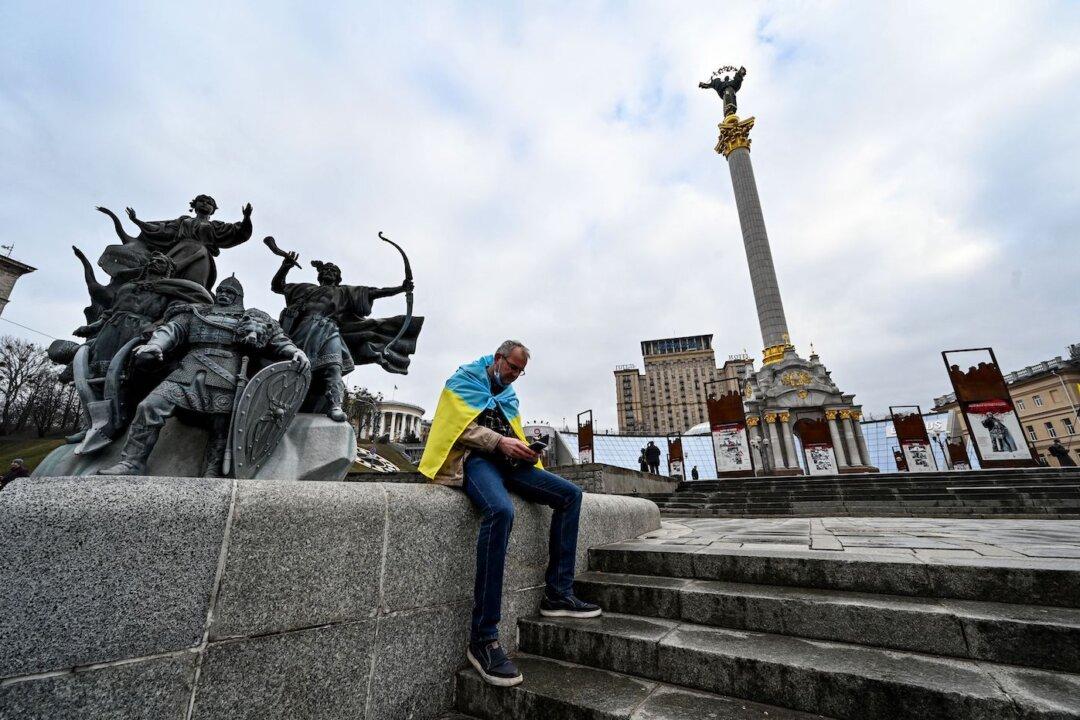Commentary
Russian President Vladimir Putin’s view of his country’s history is remarkably conservative. He firmly believes that Russia’s strength lies in its traditional Orthodox values.

Russian President Vladimir Putin’s view of his country’s history is remarkably conservative. He firmly believes that Russia’s strength lies in its traditional Orthodox values.